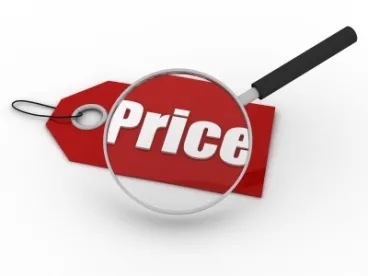Understanding and Reacting to New and Increased Risks
Businesses are facing new and increased risks as they work to continue operations and meet changing demand. The unprecedented duration and nationwide scope of the emergency has created additional complexities for companies that operate on a nationwide basis. They often must comply with price gouging laws in many more states and over a substantially longer period of time than has ever occurred in any prior emergency in which price gouging laws were activated.
The definition of price gouging varies significantly from state to state, and consequently, so do the compliance standards. Non-compliance could be met with hefty penalties, as most states charge per individual violation. State attorneys general, private plaintiffs, and the federal government have all been active in price gouging investigations and enforcement actions up and down the supply chain.
Because these price gouging compliance risks are both new and unique to this pandemic, companies cannot necessarily rely on their existing monitoring and risk mitigation systems (for price gouging or otherwise). Even those few companies that had price gouging compliance procedures in place before this pandemic may find that those procedures are out of date or incomplete due to recent changes in the law and changes in enforcement priorities. Given the increased risks to national and multi-state companies across the supply chain, companies should consider conducting what effectively amounts to a “Price Gouging Audit.”
Creating a Compliance Tracking Process
Companies should consider a review of their current policies and procedures to track and comply with the particular price gouging laws that affect their business. A Price Gouging Audit may include a range of steps, depending on a particular company’s facts and circumstances, and could include:
-
Identifying which goods and/or services may be subject to various price gouging laws and regulations;
-
Tracking sales and identifying the states in which a company may be deemed to do business for the purpose of the price gouging laws;
-
Determining which state or local regulations may apply;
-
Determining how to set a compliance baseline;
-
Evaluating current employee training processes to see if additional training on price gouging is necessary; and/or
-
Evaluating current price setting and documentation processes to see if changes should be made in light of price gouging laws.
Depending on the results of their review, a company may also want to take affirmative steps to create additional protocols for price gouging compliance. These steps could include:
-
Developing additional employee training processes to account for price gouging training;
-
Developing additional price setting and documentation processes to account for price gouging laws; and/or
-
Creating an overarching price gouging compliance monitoring team to help oversee the above processes.
Benefits of Conducting a Price Gouging Audit
Engaging in a Price Gouging Audit may help companies understand the unique risks and requirements of this moment, and enable them to create a single strategy to do business in multiple states while staying within the bounds of the multiple and varying state price gouging legal regimes to which they may be subject.







 />i
/>i

